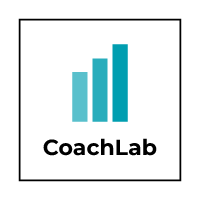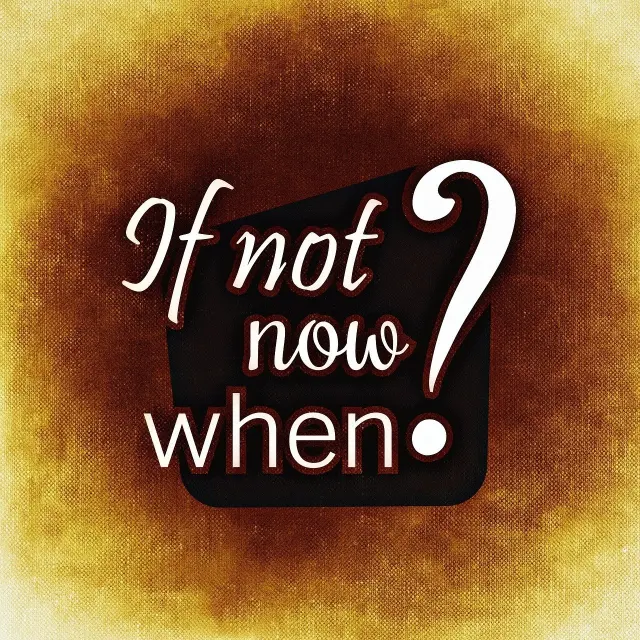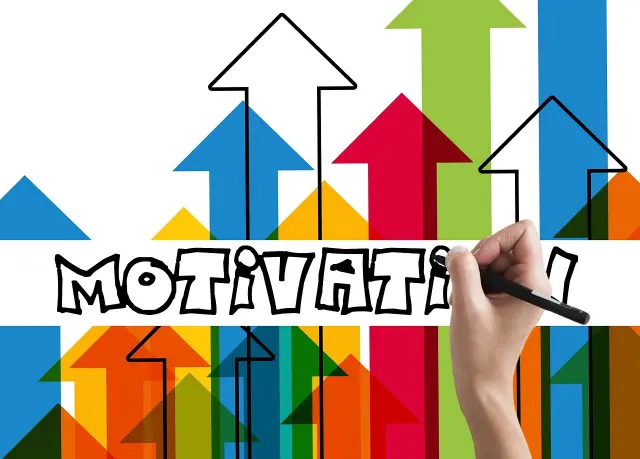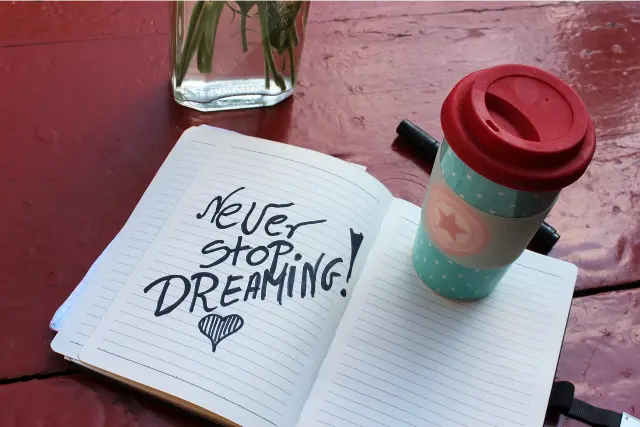Inclusion and Coaching
Mi az a befogadás?
A befogadás (vagy inklúzió) egy olyan szemléletmód és gyakorlat, amely minden egyes ember egyediségét és értékét elismeri és tiszteletben tartja. Az inkluzív környezetben mindenki számára egyenlő esélyeket biztosítanak a részvételre és a sikerre, függetlenül a különbözőségeiktől, mint például nem, kor, etnikai hovatartozás, vallás, szexuális orientáció vagy fogyatékosság. Az inklúzió célja, hogy mindenki érezze magát elfogadottnak, megbecsültnek és támogatottnak a közösségben.
A coaching szerepe a befogadás előmozdításában
* coaching egy olyan fejlesztési folyamat, amelynek során a coach assisted az egyént vagy csoportot abban, hogy elérje céljait, javítsa teljesítményét és fejlessze képességeit. A coaching során a coach támogató és facilitátor szerepben van, és arra ösztönzi a coachee-t, hogy saját erőforrásait és képességeit használja ki a fejlődés érdekében.
A befogadás előmozdítása érdekében a coaching számos módon hozzájárulhat:
1. Egyéni szemléletmód fejlesztése
* coaching can help az egyéneknek felismerni és tudatosítani saját előítéleteiket és sztereotípiáikat, valamint fejleszteni az empátiájukat és a mások iránti megértésüket. A coach támogathatja a coachee-t abban, hogy nyitottabbá és befogadóbbá váljon, és hogy értékelje a különböző perspektívákat és tapasztalatokat.
2. Csapatdinamika javítása
A coaching csoportos formában is alkalmazható, ahol a csapat tagjai együtt dolgoznak a közös célok elérése érdekében. A csoportos coaching segíthet javítani a kommunikációt és az együttműködést a csapattagok között, valamint elősegíti a bizalom és a kölcsönös tisztelet kialakulását. A coach facilitálja a folyamatot, és biztosítja, hogy minden hang meghallgatásra kerüljön és minden résztvevő értékes hozzájárulást tudjon tenni.
3. Szervezeti kultúra formálása
A coaching nemcsak egyéneket és csapatokat, hanem egész szervezeteket is támogathat a befogadó kultúra kialakításában. A coach can help leaders és a HR szakembereknek olyan stratégiák kidolgozásában és megvalósításában, amelyek elősegítik az inkluzivitást a szervezet minden szintjén. Ez magában foglalhatja az inkluzív politikák és eljárások kialakítását, a befogadó Leadership stílusok és gyakorlatok népszerűsítését, valamint az oktatási és képzési programok bevezetését.
Befogadás és diverzitás a munkahelyen
A munkahelyi diverzitás és befogadás fontossága egyre inkább felismerésre kerül a vállalatok körében. A sokszínű munkaerő és az inkluzív környezet nemcsak etikai és társadalmi szempontból előnyös, hanem számos üzleti előnyt is hozhat.
1. Innováció és kreativitás
A sokszínű csapatok több különböző perspektívát és tapasztalatot hoznak az asztalra, ami elősegíti az innovációt és a kreativitást. Az eltérő háttérrel rendelkező munkavállalók különböző megoldásokat és ötleteket kínálnak, amelyek új irányokat nyithatnak meg és versenyelőnyt biztosíthatnak a vállalat számára.
2. Jobb döntéshozatal
A diverzitás és a befogadás hozzájárulhat a jobb döntéshozatalhoz is. A különböző nézőpontok és tapasztalatok figyelembevétele segít abban, hogy a döntések alaposabbak és megalapozottabbak legyenek. A befogadó környezetben a munkavállalók bátrabban megosztják véleményüket és ötleteiket, ami hozzájárul a jobb üzleti eredmények eléréséhez.
3. Munkavállalói elégedettség és megtartás
A befogadó munkahelyek hozzájárulnak a munkavállalói elégedettség és elkötelezettség növeléséhez. Azok a munkavállalók, akik úgy érzik, hogy értékelik és megbecsülik őket, nagyobb valószínűséggel maradnak hűségesek a vállalathoz és jobban teljesítenek. Az inkluzív környezet csökkenti a fluktuációt és növeli a munkahelyi elégedettséget.
Coaching technikák a befogadás elősegítésére
A coaching során alkalmazott technikák és módszerek segíthetnek a befogadás előmozdításában. Néhány példa ezekre a technikákra:
1. Aktív hallgatás
Az aktív hallgatás alapvető fontosságú a coaching folyamatában. A coach figyelmesen és empatikusan hallgatja a coachee-t, és arra ösztönzi, hogy szabadon fejezze ki gondolatait és érzéseit. Az aktív hallgatás segít megérteni a másik fél perspektíváját és szükségleteit, ami elősegíti a befogadó légkör kialakítását.
2. Kérdezéstechnika
A hatékony kérdések feltevése segít a coachee-nak mélyebben elgondolkodni saját viselkedésén, értékein és céljain. A coach által feltett nyitott kérdések ösztönzik az önreflexiót és az önismeretet, ami fontos lépés a befogadás felé vezető úton.
3. Visszajelzés
A konstruktív visszajelzés adása és fogadása kulcsfontosságú a fejlődés szempontjából. A coach helps a coachee-nak megérteni saját erősségeit és fejlesztendő területeit, és támogatást nyújt a változás és fejlődés érdekében. A pozitív és támogató visszajelzés elősegíti a bizalom és az önbizalom növekedését.
Summary
A befogadás és a coaching együttes alkalmazása hatékony eszköz lehet a személyes és szervezeti fejlődés előmozdításában. Az inkluzív környezet megteremtése és a coaching technikák használata hozzájárul a jobb együttműködéshez, innovációhoz és üzleti eredményekhez. Az egyének és csapatok számára nyújtott támogatás és fejlesztés révén a befogadás és a coaching elősegíti egy sokszínű és befogadó munkahelyi kultúra kialakítását.




















